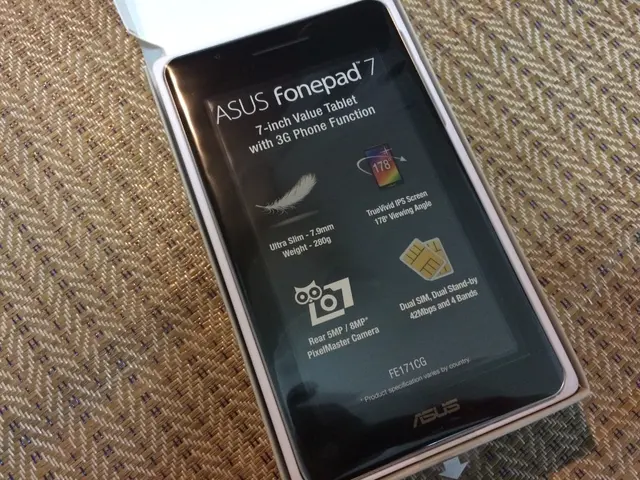"Prioritizing Safety": Travelers on Emirates flights applaud flight ban on power banks
Starting October 1, 2025, Emirates will prohibit the use and charging of power banks on all its flights, citing safety concerns linked to lithium-ion batteries overheating, which can cause fires, explosions, and the release of toxic gases.
The core safety concern with lithium-ion batteries in power banks is the risk of thermal runaway - a rapid, uncontrolled temperature increase inside the battery due to damage, overcharging, or manufacturing flaws. This can lead to overheating, fires, explosions, and the release of hazardous gases.
Many basic power banks lack internal safeguards against overcharging or short circuits, increasing the risk during flights. By restricting usage, charging, and storage to accessible areas, Emirates aims to enable quicker crew response to any incidents, minimizing harm to passengers and crew.
Passengers are still allowed to carry one power bank under 100 Watt-hours (Wh) in their carry-on baggage, but using it to charge devices or charging the power bank onboard is strictly prohibited. Power banks must be stored within reach—in the seat pocket or a bag under the seat—not in overhead bins, and they remain banned from checked luggage.
Diane Christine Maninang, a frequent traveler, welcomes the rule as a safety measure. She recalled a time when she unknowingly packed a facial device with a built-in battery in her checked luggage, which passed through without being flagged.
Arfaz Iqbal, another Dubai resident, supports the rule, prioritizing passenger safety. Elizabeth Gonzales, a Digital Journalist who writes about the expat life, also finds the rule convenient as she can rely on the built-in charging ports onboard.
Jane Dale, a British expat, will have to be more mindful of battery use while working on flights. She plans to use the charging ports available on planes instead of carrying a power bank.
Aviation expert Hans-Georg Rabacher explained the dangers of overheating lithium-ion batteries, stating that thermal runaway can result in an explosion, toxic gas release, and open flames with temperatures over 1000°C.
David C., general manager at Emirates Safety Laboratory, explained the reasons behind the power bank restriction, emphasizing the importance of passenger safety and the potential risks associated with lithium-ion batteries during flights.
In summary, Emirates' ban on power banks onboard its flights addresses real risks, aiming to reduce fire and explosion risks from lithium-ion battery thermal runaway on board planes. Passengers are still allowed to carry one power bank under 100 Wh in their carry-on baggage, but using it to charge devices or charging the power bank onboard is strictly prohibited.
- The restriction on power banks on Emirates flights is aimed at minimizing risks associated with lithium-ion battery thermal runaway, which can lead to overheating, fires, explosions, and the release of hazardous gases.
- Despite the ban, passengers are still allowed to carry one power bank under 100 Watt-hours (Wh) in their carry-on baggage, but using it to charge devices or charging the power bank onboard is strictly prohibited.
- Technology journalists, frequent travelers, and aviation experts agree on the importance of the power bank restriction, prioritizing passenger safety and convenience in the form of built-in charging ports onboard.
- Aviation expert Hans-Georg Rabacher underscored the potential dangers of overheating lithium-ion batteries, mentioning that thermal runaway can result in an explosion, toxic gas release, and open flames with temperatures over 1000°C.




